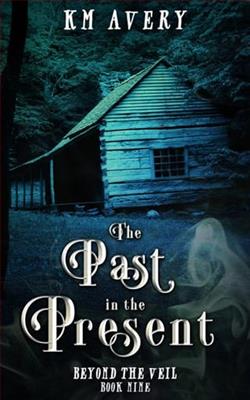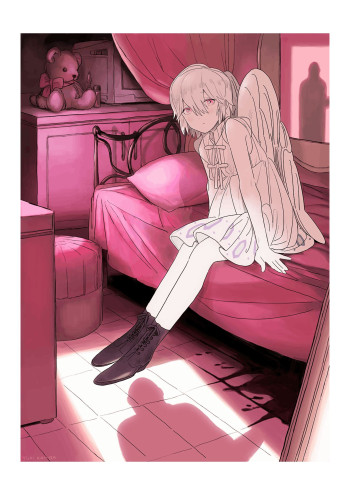Martial Peak Reviews
K.M. Avery's The Past in the Present is a gripping exploration of the haunting shadows of childhood trauma and the enduring power of love and resilience. This novel intricately weaves a tale that is both a psychological thriller and a poignant family drama, set against the evocative backdrop of rural Appalachia. Avery's narrative is a compelling journey into the depths of human emotion, where the past and present collide with devastating consequences.
The protagonist's journey is one of self-discovery and redemption. The story begins with the protagonist, whose life seems to be on a promising trajectory. She has a job she enjoys, a loving partner, Elliot, and a future that appears bright. However, the sudden death of her estranged parents and the discovery of her brother Noah's fingerprints at the scene thrust her back into a world she had desperately tried to escape. This return to her childhood home in Virginia is not just a physical journey but an emotional odyssey that forces her to confront the demons of her past.
Avery masterfully crafts the protagonist's internal struggle, capturing the complexity of emotions that arise from revisiting a traumatic past. The house in Appalachia is more than just a setting; it is a character in itself, embodying the pain and suffering of her childhood. The author uses vivid descriptions to paint a picture of a place that is both haunting and beautiful, a stark contrast that mirrors the protagonist's conflicted emotions.
The character development in The Past in the Present is one of its strongest elements. The protagonist is a deeply relatable character, and her journey is one that many readers will find resonant. Her relationship with Elliot adds a layer of complexity to the narrative, as she grapples with the fear of revealing her past to him. Avery skillfully portrays the tension between the desire for honesty and the fear of rejection, a universal theme that adds depth to the story.
Noah, the protagonist's brother, is another well-developed character. His presence looms large over the narrative, even when he is not physically present. The mystery surrounding his actions and motivations adds an element of suspense that keeps readers engaged. Avery's portrayal of sibling dynamics is both realistic and poignant, capturing the bond that exists even in the face of adversity.
The themes of The Past in the Present are both timeless and timely. Avery delves into the impact of childhood trauma and the ways in which it shapes our identities and relationships. The novel explores the idea that the past is never truly behind us, and that healing requires confronting the pain we have buried. This theme is particularly relevant in today's world, where discussions about mental health and trauma are becoming increasingly important.
Avery's writing is both lyrical and evocative, drawing readers into the protagonist's world with ease. The pacing of the novel is well-balanced, with moments of tension and introspection that keep the narrative moving forward. The dialogue is authentic and adds depth to the characters, revealing their vulnerabilities and strengths.
In comparison to other works in the genre, The Past in the Present stands out for its nuanced portrayal of trauma and its impact on relationships. Fans of Gillian Flynn's Sharp Objects or Celeste Ng's Everything I Never Told You will find similar themes of family secrets and the complexities of human emotion. However, Avery's novel offers a unique perspective, set against the backdrop of Appalachia, which adds a distinct cultural and geographical dimension to the story.
Overall, The Past in the Present is a powerful and thought-provoking novel that will resonate with readers long after they have turned the final page. Avery's ability to blend elements of suspense, drama, and emotional depth makes this a standout work in the genre. It is a testament to the resilience of the human spirit and the enduring power of love and forgiveness.
For those seeking a novel that is both emotionally engaging and intellectually stimulating, The Past in the Present is a must-read. It is a reminder that while the past may shape us, it does not define us, and that healing is possible even in the face of the darkest memories.
























Reviews 0
Post a Reviews: